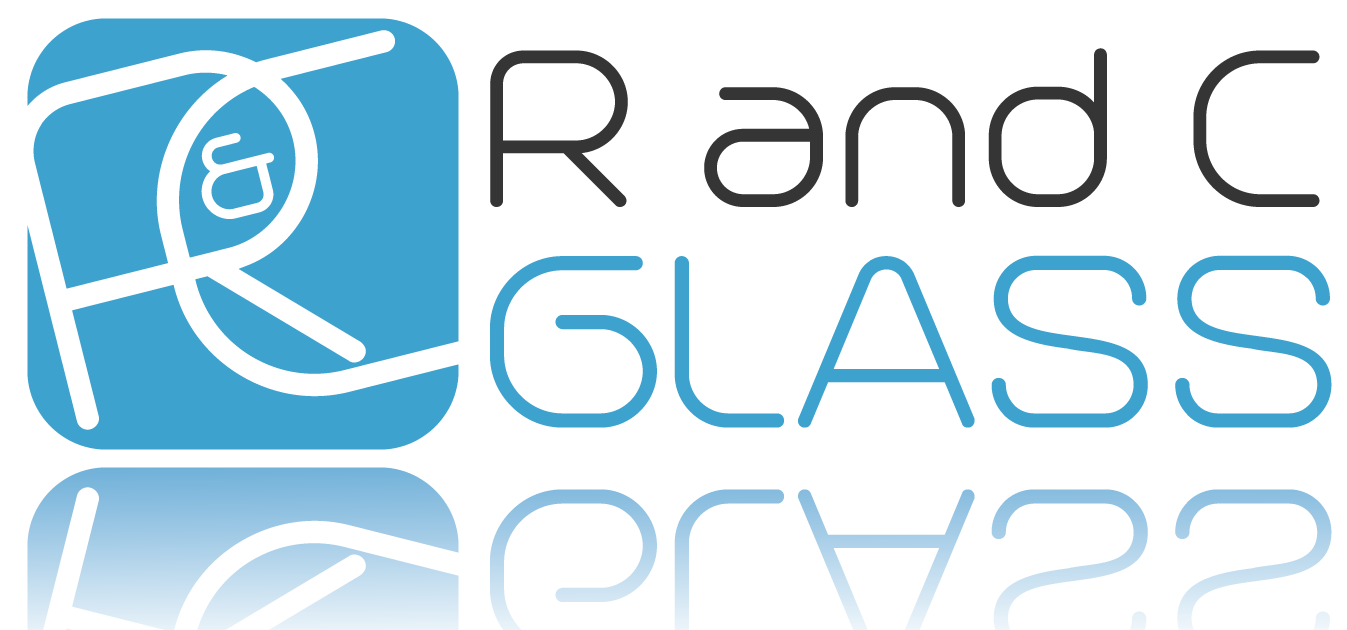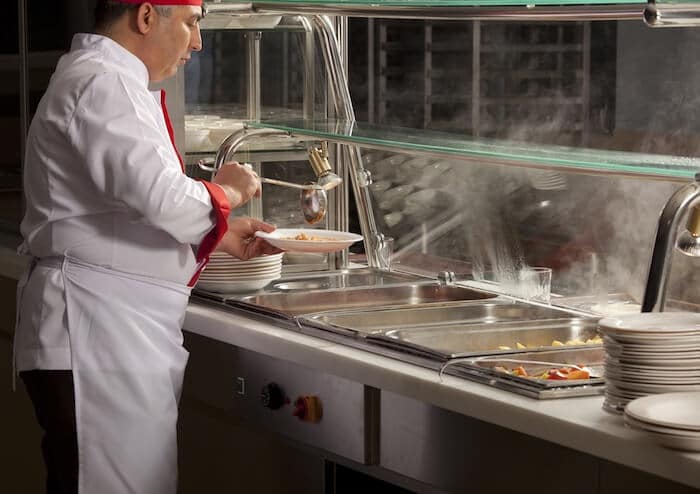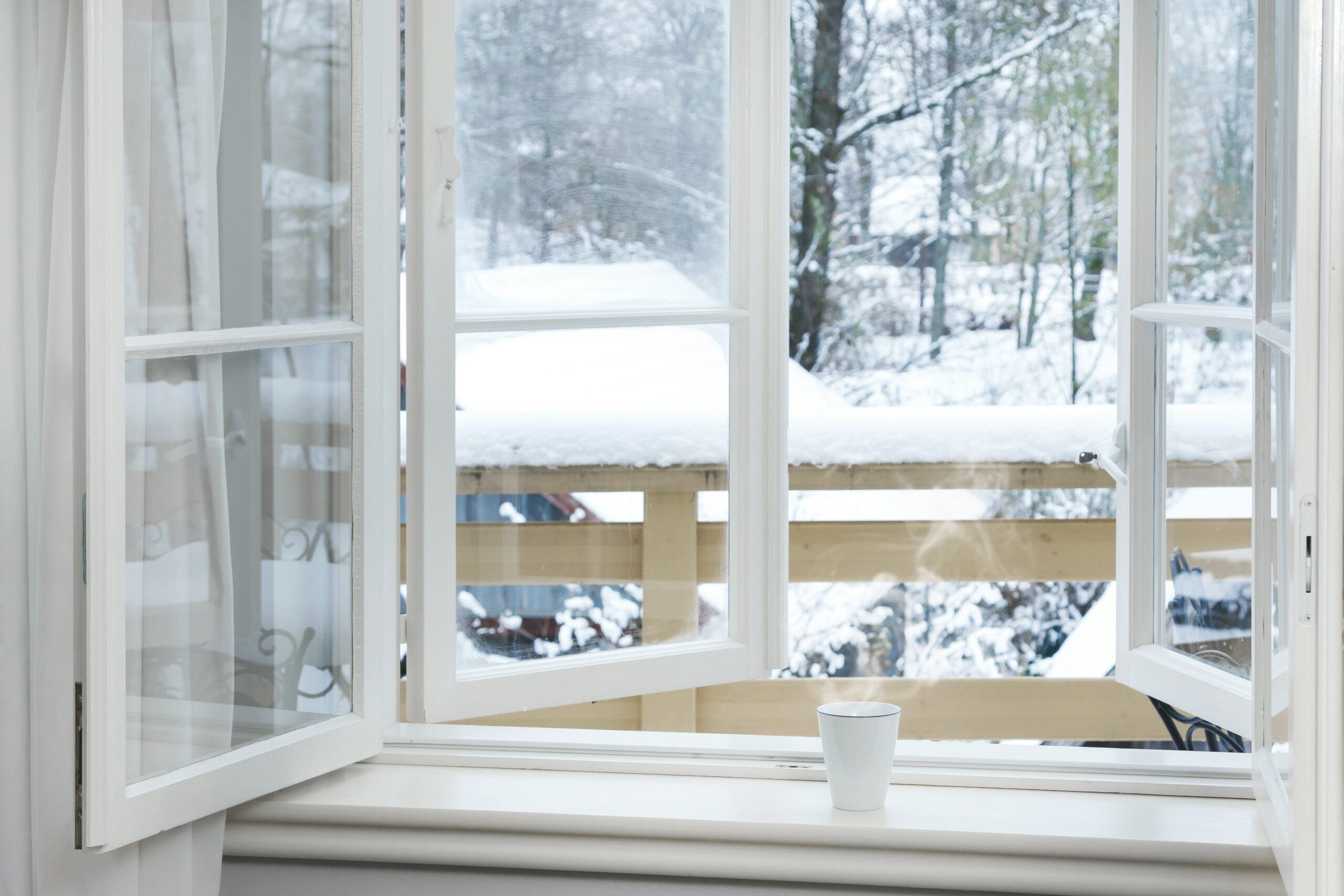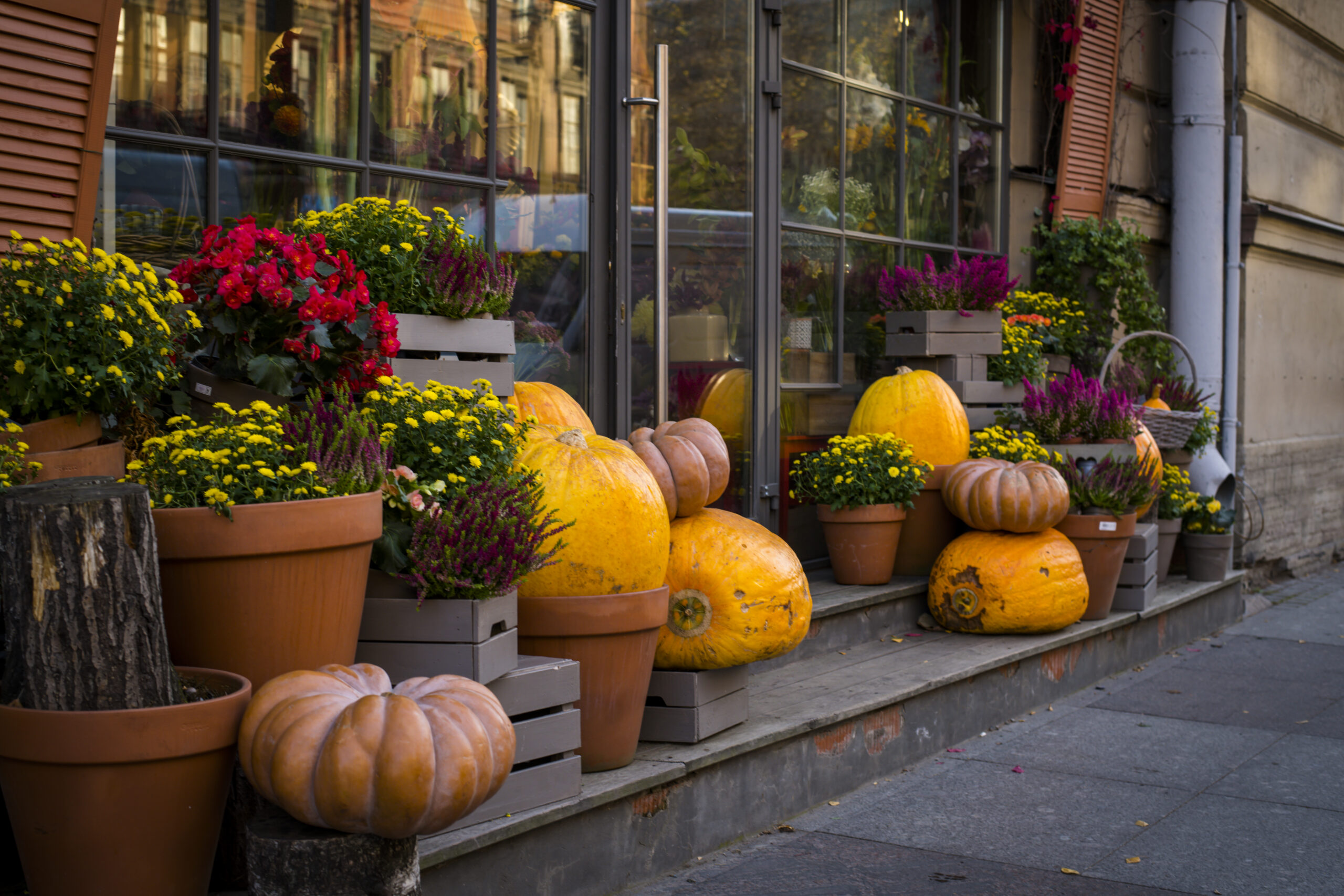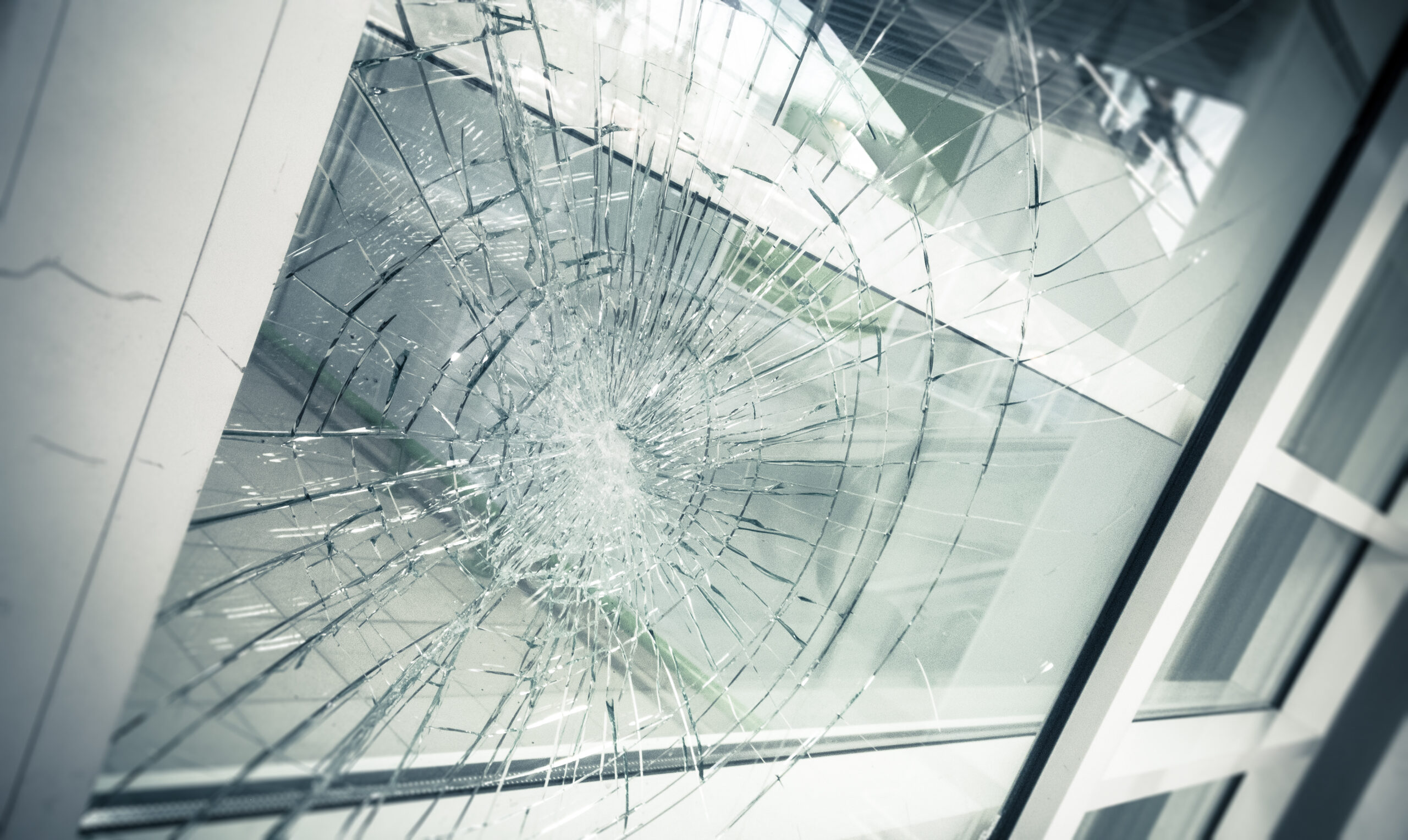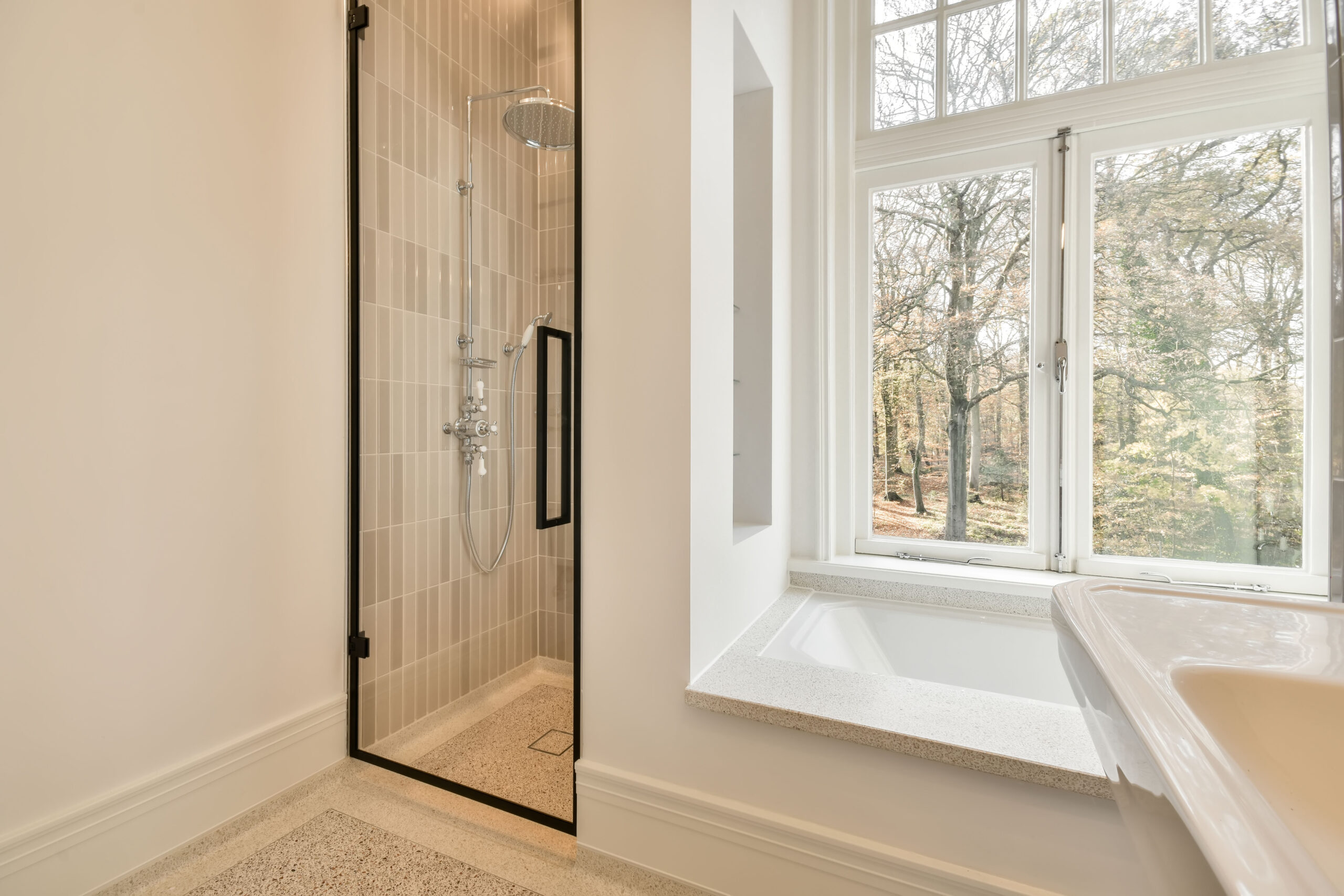As you probably know by now, the COVID-19 outbreak has turned our community—along with many others throughout the United States—upside-down. Many health professionals and business analysts alike believe that the effects of this viral outbreak may be with us for months and even years ahead. These experts predict that—even when businesses reopen and customers return—people will be more cautious and take more precautionary measures to ensure they do not inhale or spread germs. Businesses will need to invest in glass barrier installation and sneeze guards.
In other words, tomorrow’s customers may emerge from their homes with new expectations of what businesses need to do to protect them. For restaurants and bars, this may mean spacing out seating so that people can enjoy meals at a distance away from other patrons. For barber shops and hair salons, this may lead to appointments and limits on how many customers can be in the shop at one time. While this is a difficult time for many businesses, many of our local storefronts and their customers will adapt with time.
We’re doing our part to help other local businesses here in the Pittsburgh area adapt to this new normal. Our team is standing by and ready to install sneeze guards and glass in local businesses when they reopen.
Why is glass barrier installation necessary?
Like many viruses, COVID-19 is spread through water droplets expelled when a symptomatic individual coughs or sneezes. These droplets can then be inhaled by another person, who may become infected. This was a driving force behind the “social distancing” guidelines and staying 6 feet away from others: at this distance, the odds of this transmission happening are extremely low.
However, think about going to the grocery store, the bank, or the checkout counter at your local pizza place. These places are not naturally set up for this recommended distancing. While all these businesses can take steps to sanitize surfaces, reduce touch-interaction—such as eliminating the need for a cashier to physically touch a shopper’s card—and keep ill employees home, there is always going to be a risk to the customer and employee at this critical juncture.
This is where glass barriers come into the picture. A glass sneeze guard, inserted at the checkout counter between the customer and the cashier, can protect both against the potential spread of germs. This, in turn, accomplishes the following:
— Provides a physical barrier to virus spread that can be easily sanitized.
— Puts your customers at ease while checking out.
— Protects your employees from the spread of COVID-19.
— Allows the customer and employee to still see each other and talk to one another.
Does my business need sneeze guards?
If your business involves any kind of face-to-face or close interaction between your employees and your customers, yes.
Of course, self-service restaurants have been well-accustomed to sneeze guards for decades. They are actually a federally mandated safety regulation to prevent the potential contamination of food by customers. While there are no regulations in place regarding glass barrier use for other businesses, it’s more than likely businesses will feel pressure from customers to move toward greater protective measures.
All of these businesses, along with many others, can benefit from glass barrier installation:
— Grocery Stores: Still open as an essential business, many grocery stores have already erected glass barriers at checkout lines, forming an effective barrier between the customer and the checkout clerk. We’ll also continue to see the expanded use of self-checkout stations—sanitized by an employee after every customer use.
— Banks: For security reasons, most banks and credit unions already have teller windows with built-in glass barriers. However, more banks are now installing barriers on banker desks to protect people who are meeting one-on-one with bankers to review their mortgage or apply for a loan.
— Retail: In addition to having employees keep their distance from customers while shopping, retail checkout counters are moving toward a glass barrier model. Some stores may even explore the use of new technology to aid in checkout, including using a mobile cash app to pay for purchases.
Invest in your business’ future
There’s a temptation to think that all this will pass, and that storefronts that invest in glass barrier installation today will regret it six months from now when the COVID-19 outbreak is a distant memory. Truthfully, we don’t know what path this virus will take—no one does.
However, given that this is one of the most significant and visible pandemics in U.S. history, many social scientists believe that COVID-19 could have a profound and lasting impact on society. The new normal, when customers return, could be very different from how things were in January before all this started.
We recommend reaching out to our team to get a free quote and learn more about glass barrier options for your business. We’d be happy to talk through your options with you and provide you with insight to what other local businesses are doing.
